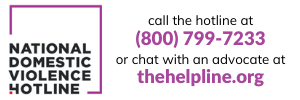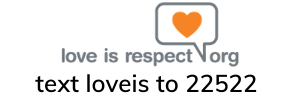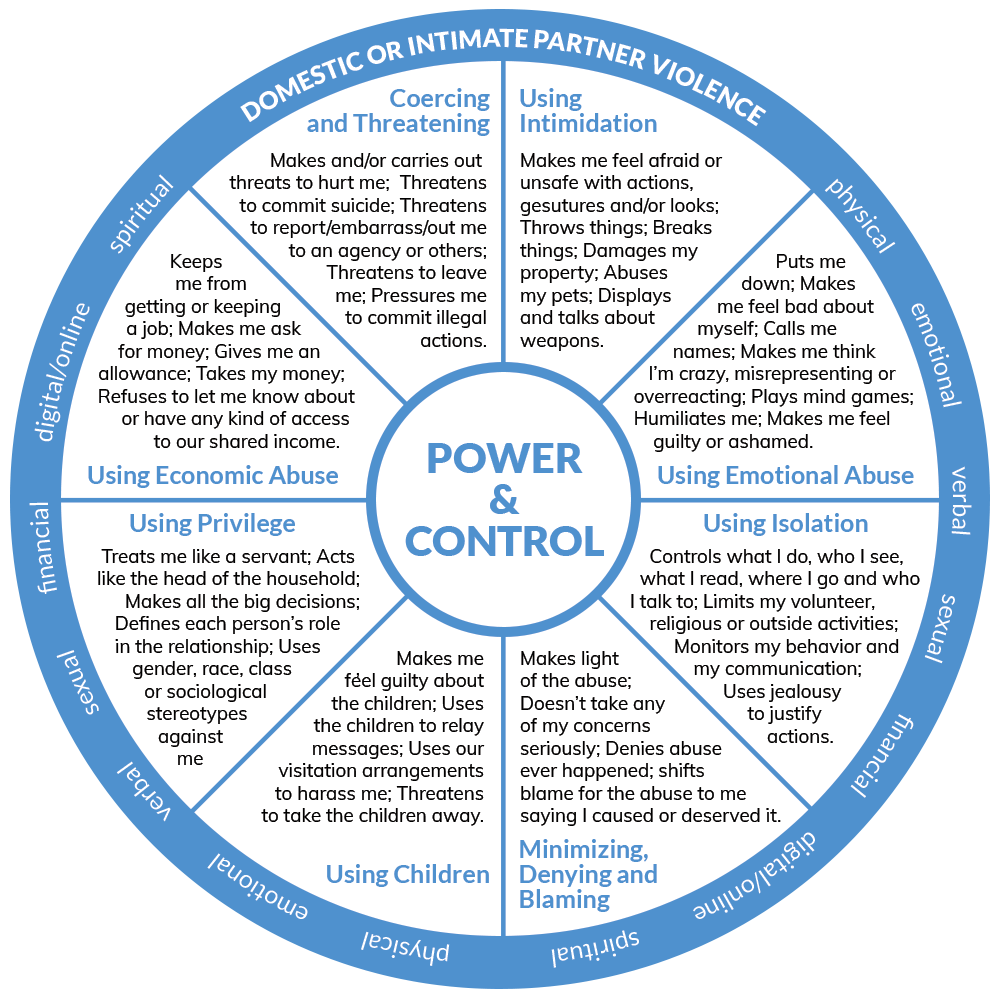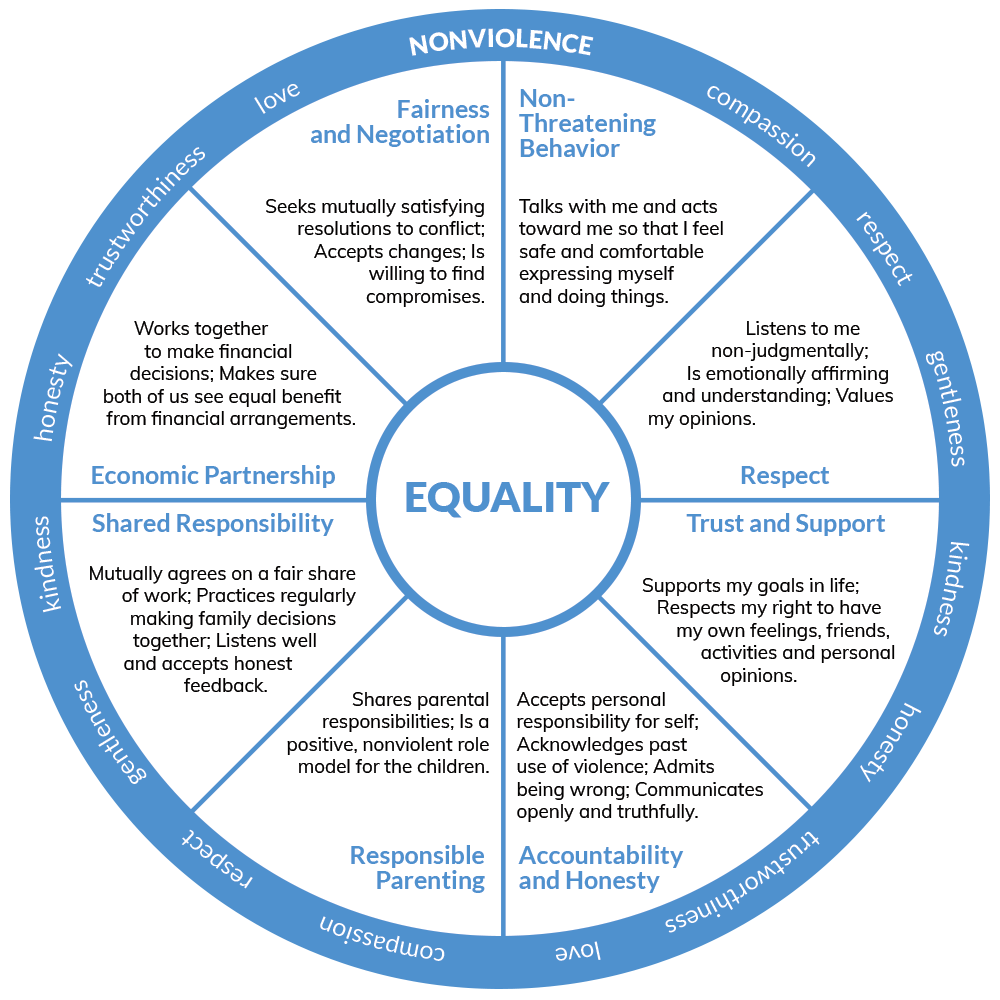Experiencing domestic abuse of any form – physical, emotional, verbal, financial, spiritual, sexual or electronic – can make you feel hopeless and alone. But, you’re not! We are here to help. And, there is a wealth of information available at your fingertips, not to mention practical tools, insight and guidance.
We will continue to add to and refine the resources on this page. Feel free to use anything that would be helpful to you. And, if you need help, please call our 24/7 helpline at (317) 745-1496.
Navigate this page: Emergency Resources / Domestic Violence Resources / General Resources / Defining Healthy Relationships

If you are in immediate danger,
call 911 right now.
Jail, Inmate and Offender Information
Hendricks County Jail / (317) 745-9332
Law Enforcement Agencies
Amo / (317) 539-6030
Avon / (317) 272-4485
Brownsburg / (317) 852-2253
Danville / (317) 745-2486
Clayton / (317) 539-2552
Hendricks Co. Comms. Center / (317) 839-8700
Hendricks Co. Sheriff / (317) 745-6269
Indiana State Police / (800) 225-8576
Lizton / (317) 994-6000
North Salem / (765) 676-6400
Pittsboro / (317) 892-4897
Plainfield / (317) 839-2566
Stilesville / (317) 839-8700
Sheltering Wings Resources

If you need help or more information – even if you don’t need shelter – call us.
Learn more about domestic violence.
Take a simple assessment to find out if you’re being abused.
Learn more about how domestic abuse affects children and teens.
Create a personalized safety plan.
Participate in our Embracing Empowerment support group.
Take advantage of our non-shelter services.
Read posts from our blog.
Indy-Area Resources
Indiana Coalition Against Domestic Violence
Transitional Housing
Indianapolis
Coburn Place Safe Haven / (317) 923-5750
The Julian Center / (317) 941-2200
Salvation Army Social Service Center / (317) 637-5551
Martinsville
Desert Rose Transitional Shelter / (765) 342-7673
Non-Residential Services
Indianapolis
Beacon of Hope / (317) 731-6140
Noblesville
Prevail, Inc. / (317) 776-3472
Greencastle
Putnam County Family Support Services / (765) 653-4820
Crawfordsville
Family Crisis Shelter, Inc. / (765) 362-2030
National Resources


LoveIsRespect.org offers support, information and advocacy to young people who have questions or concerns about their dating relationships.
DocuSAFE
This free app from the Safety Net Team at the National Network to End Domestic Violence helps survivors collect, store and share evidence of domestic violence, sexual assault, stalking, online harassment and dating violence. Survivors log individual incidents, including photos, screenshots or video to build a record of threatening messages, harassing social media posts, unwanted repeat calls, online impersonation, and other abusive behaviors.
Visit the DocuSAFE webpage to learn more and download the app. Or, click the buttons below to go directly to the apps.
If you suspect your device is being monitored physically or remotely, you should not download this app.
Sheltering Wings is located in Hendricks County, Indiana, but we serve survivors of domestic violence from across the state, region and nation. Thankfully, we live in a community in which there are many resources. A few are listed below. If you need additional local resources, please view the Hendricks County Community Resource Guide.
In order to prevent domestic abuse – or to escape it when it happens – it’s vital to have a clear understanding of what a healthy relationship is and what it is not. One in four women and one in seven men will experience some form of intimate partner violence. Because of the prevalence of domestic violence, many people unquestioningly accept foul and abusive behavior as normal. Neither are they equipped to expect and demand the characteristics of healthy relationships.
The Power & Control and Equality wheels illustrate features of unhealthy and healthy relationships.
Power & Control Wheel
All abusive behavior is designed to allow an abuser to achieve and maintain power and control. This wheel is helpful for understanding the overall pattern of abusive and violent behaviors, which are used by a batterer to establish and maintain control over his partner.
Equality Wheel
This tool illustrates the dynamics of a healthy relationship in which two people respect and submit to one another in love. This type of relationship is characterized by kindness, strong communication, healthy boundaries, shared values, intimacy, vulnerability and respect.
Compare healthy and unhealthy relationships
Drag the slider to the left and right to compare the characteristics of healthy and unhealthy relationships.


Download
Power & Control Wheel | Equality Wheel
Courtesy of
Domestic Abuse Intervention Programs and the
National Center on Domestic and Sexual Violence


